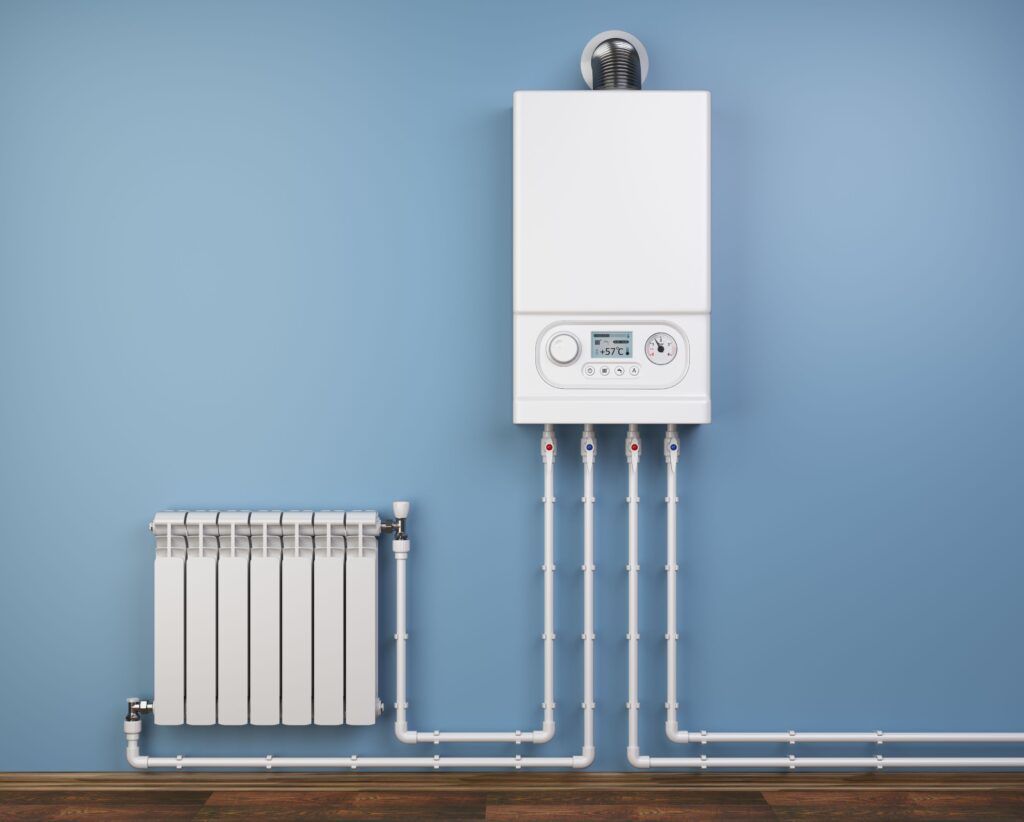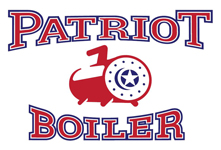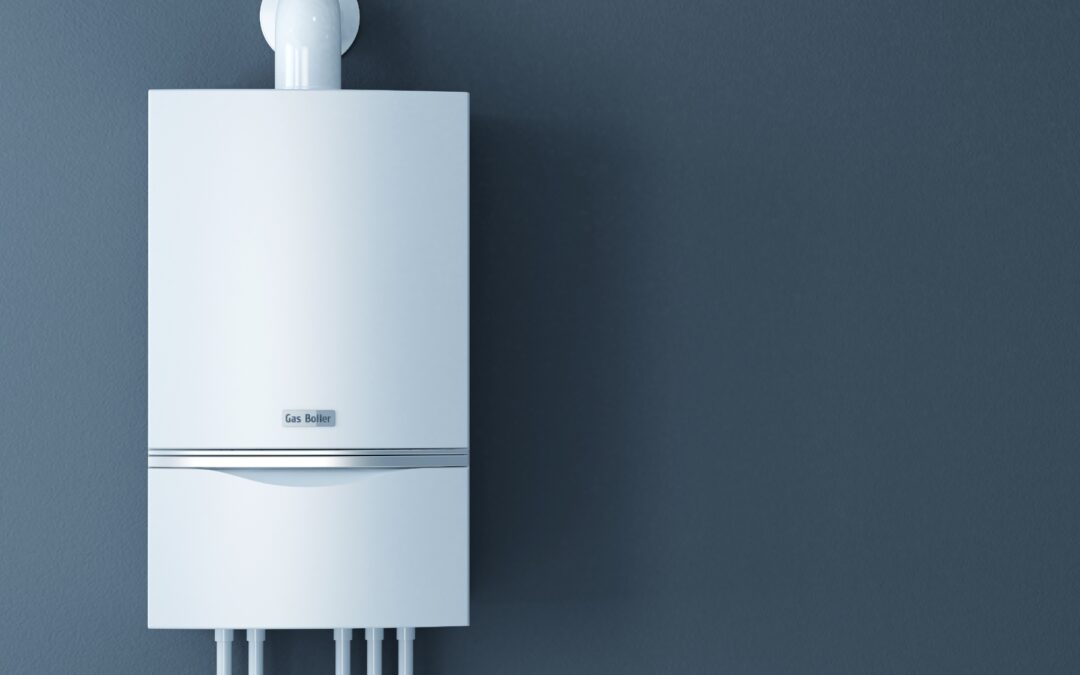Yes! Gas boilers are a central heating system that functions similarly to miniature fireplaces in continuously heating water. To heat the space, the water that has been heated is pumped through the pipes and radiators of the property. After that, the water is either pumped directly to the faucets and showers (in the case of a combi boiler) or stored in a hot water tank for later use. The boiler utilizes either gas from the local grid or LPG, which is kept in bulk on the premises. This gas then burns in the boiler’s combustion chamber. Lastly, a heat exchanger brings the temperature of the water up to approximately 70 degrees Celsius.
Are gas boilers dangerous?
When natural gas burns without sufficient oxygen, a yellow flame is produced. This results in the production of a poisonous gas known as carbon monoxide, which can be fatal if breathed in for extended periods. If you have a carbon monoxide detector, you shouldn’t run into any issues, and you should get your boiler serviced regularly.
Is there more than one kind of boiler that is available?
Four primary varieties of gas boilers are commonly used in homes and businesses:
 Combination or combi boilers do not require a separate water tank to store the hot water. Instead, they generate instantaneous hot water directly from the boiler, which can be used for showers and taps.
Combination or combi boilers do not require a separate water tank to store the hot water. Instead, they generate instantaneous hot water directly from the boiler, which can be used for showers and taps.
System boilers have one cold water tank and the hot water storage housed in an insulated water tank.
Regular boilers can be vented (with one cold water tank) or unvented, even though their fundamental operation is similar to system boilers (two cold water tanks).
Like the three types of boilers discussed previously, combined heat and power (CHP) boilers provide hot water for your home and generate electricity that can be used in and around the house.
Are gas boilers efficient?
It is recommended that you replace your boiler approximately every 12 years. This compensates for the loss of efficiency and the lack of spare parts available for repair. If your boiler was manufactured before 2002, there is a good chance it is a non-condensing model. These boilers have an efficiency rating of up to 80%. However, the efficiency of newer condensing models can reach the 90% range.
Boiler controls
Gas boilers can be set to turn on at predetermined times throughout the day. This allows homeowners to avoid heating their homes unnecessarily, even when no one is there to enjoy the warmth. In addition, they can install thermostats to ensure that the required temperature is reached and maintained on their property. This will prevent their home from becoming either overheated or underheated. It is possible to install thermostatic radiator valves on each radiator in larger estates with rooms that are frequently unoccupied to lower the amount of heat lost.


Recent Comments